Katherine Lingan jumped out of bed with her phone in hand. Early morning in the Philippines, she had opened an unexpected email from the Daniel K. Inouye Asia Pacific Center for Security Studies inviting her to return to the Center.
She would spend five weeks at the Center as an Alumni Seminar Leader, where she would lead new Fellows into the DKI APCSS experience. In a new role, she would evolve from a Fellow who carries the flag of one country to a leader with the responsibility of bringing multinational security practitioners together for a united purpose.
According to DKI APCSS professor Dr. Sam Mullins, including Alumni Seminar Leaders as part of a course allows stand-out Fellows, like Lingan, to come back and build on their initial experience. These rising Fellows, now alumni, apply what they learned as Fellows to mentor others. Through co-leading seminars alongside DKI APCSS professors, they facilitate discussions, provide subject matter expertise, and illuminate discourse with their perspectives.
For the Comprehensive Security Cooperation Course 22-3, the Center invited alumnus Kathrine Lingan (known as KB) (CSC 22-1) and Adiyasuren Jamiyan (known as Adiya) (ASC 15-2) from Mongolia. The two would be the first-ever international Fellows invited as Alumni Seminar Leaders.
Transitioning from first-time Fellow to seminar leader proved a worthwhile challenge for both alumni. While the Center provided resources in seminar leading and adult learning, KB and Adiya found that getting Fellows from different cultures to open up to each other wasn’t a simple task. To succeed in their role, they learned to cultivate the Center’s core values for Mutual Respect, Transparency, and Inclusion.
“I had to learn to be quiet!” said KB, “By listening, I could allow myself to learn from what I heard from others.”
KB also learned the value of team building. Before the course began, she had contemplated how she would approach her role as a seminar leader.
“When I came back, I was deciding on whether I would focus on what content I would share or to focus more on team building,” said KB. “I chose the latter, and it proved to be effective. The moment the team was built, all those facilitation lessons I studied fell into place.
“I learned that if you want cooperation to happen, you build a team first.”
For Adiya, he found the biggest challenge was bringing together experts from different fields and cultures that don’t always overlap. He grew into his role as a seminar leader by observing his co-seminar leader, Professor Dave Shanahan, facilitate sessions before jumping into the role. He was impressed by Shanahan, who demonstrated transparency to the Fellows by inviting their entire seminar into his home for a meal.
With over a dozen countries represented in their seminars, KB and Adiya discovered that they had learned more this time by re-engaging the course content from many perspectives.
“It expands from you,” said KB. “It is no longer just about your country. It’s about everybody else.”
Fellows who return as Alumni Seminar Leaders benefit from utilizing DKI APCSS’ professors and resources. Candidates who qualify to be an Alumni Seminar Leader receive stellar recommendations from the Center’s faculty and staff. While not a requirement, previous experience in teaching and expertise in topics relevant to a course are desirable. Fellows attend mandatory seminar leader training before the start of the course and must be available to participate in the entire length of the course.


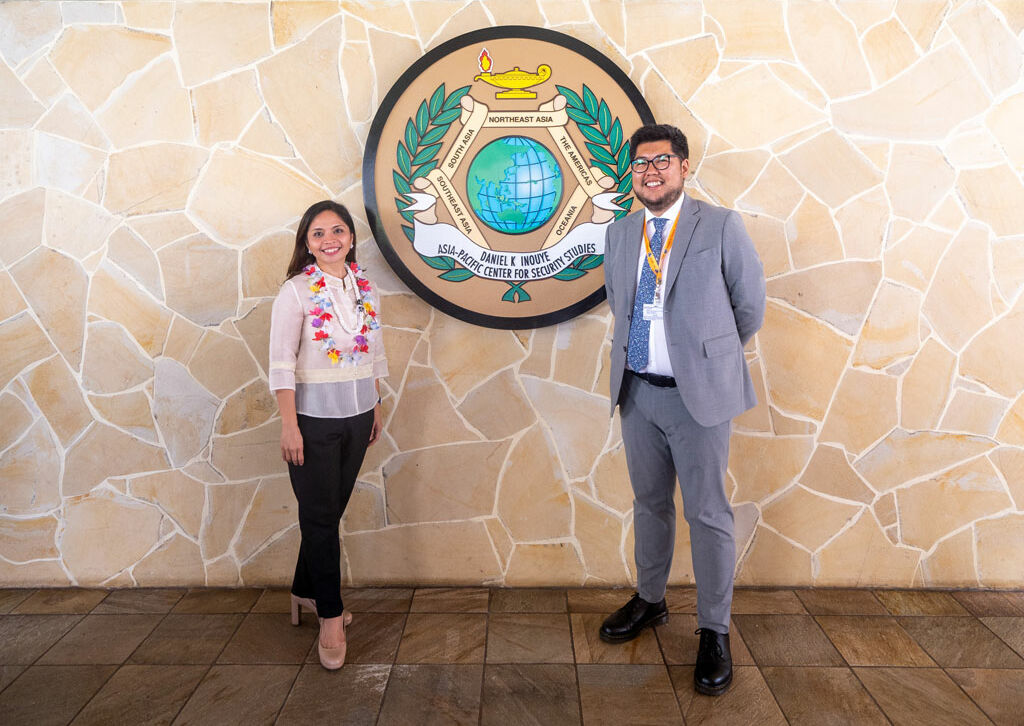
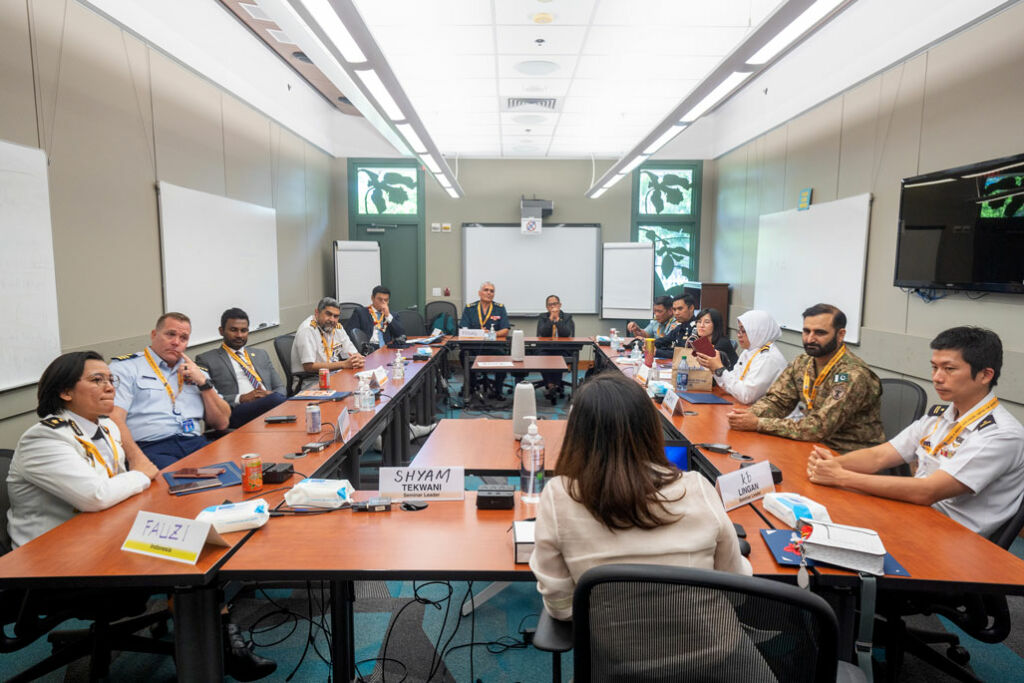
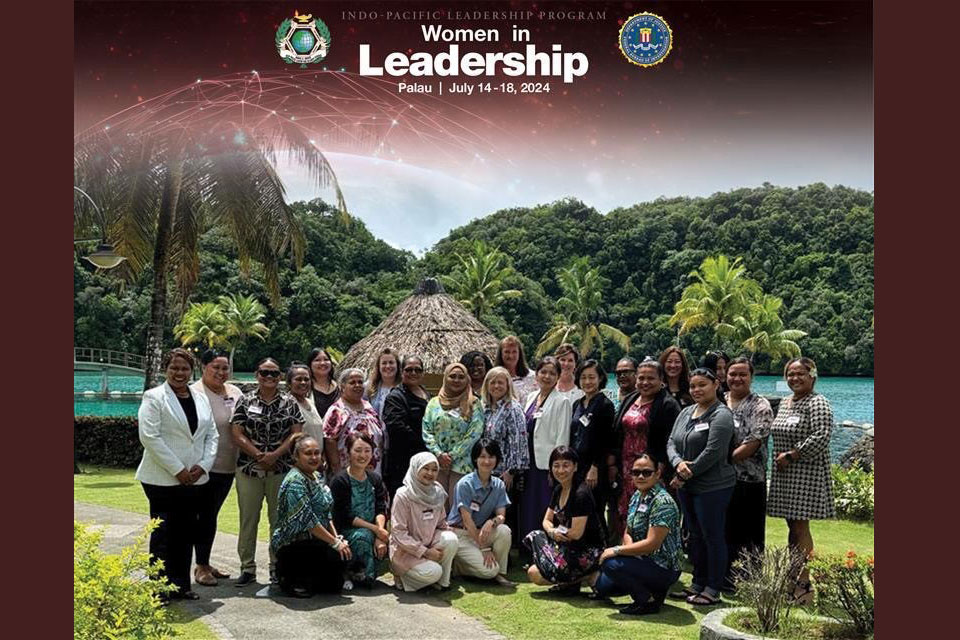
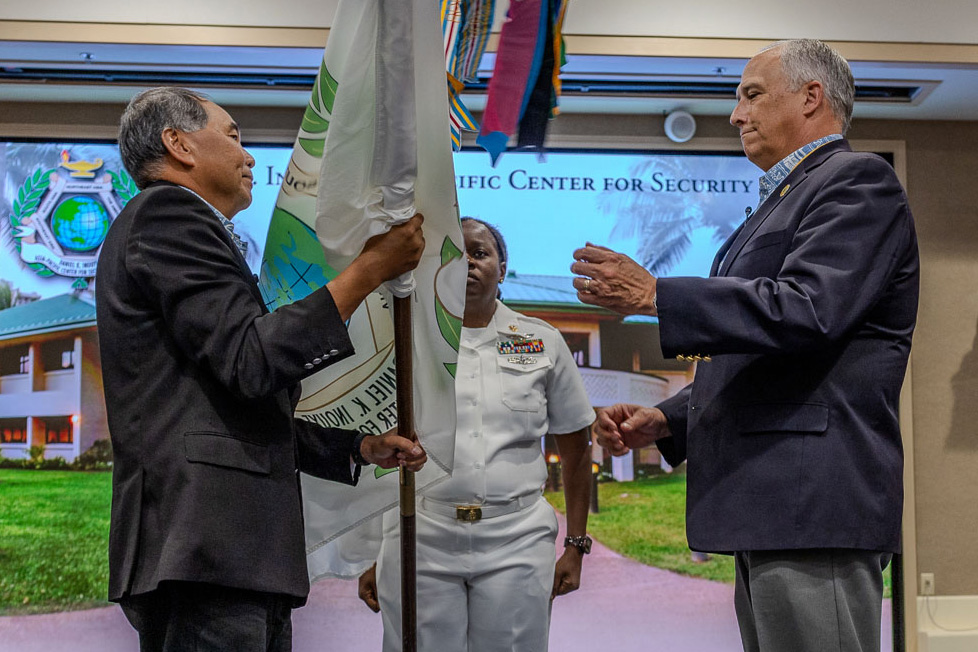
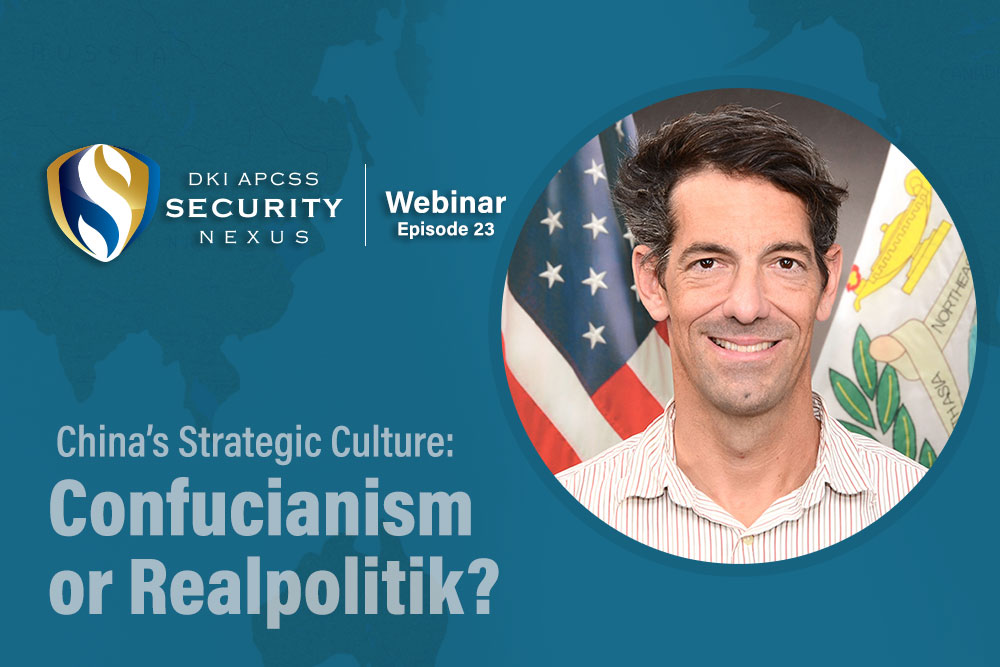




Leave A Comment